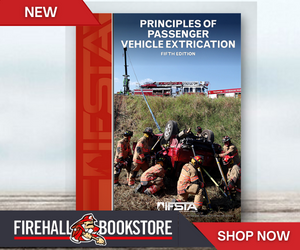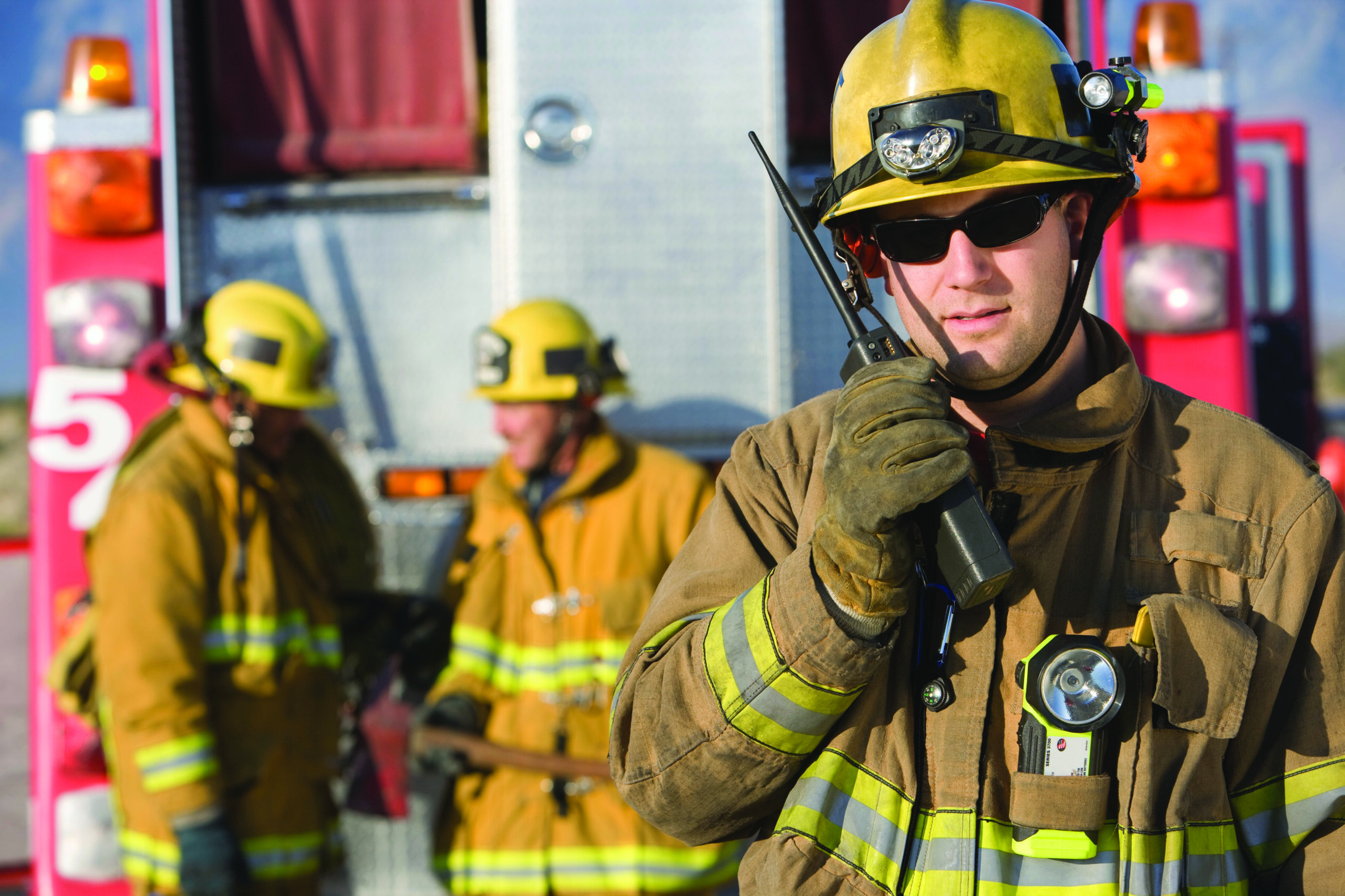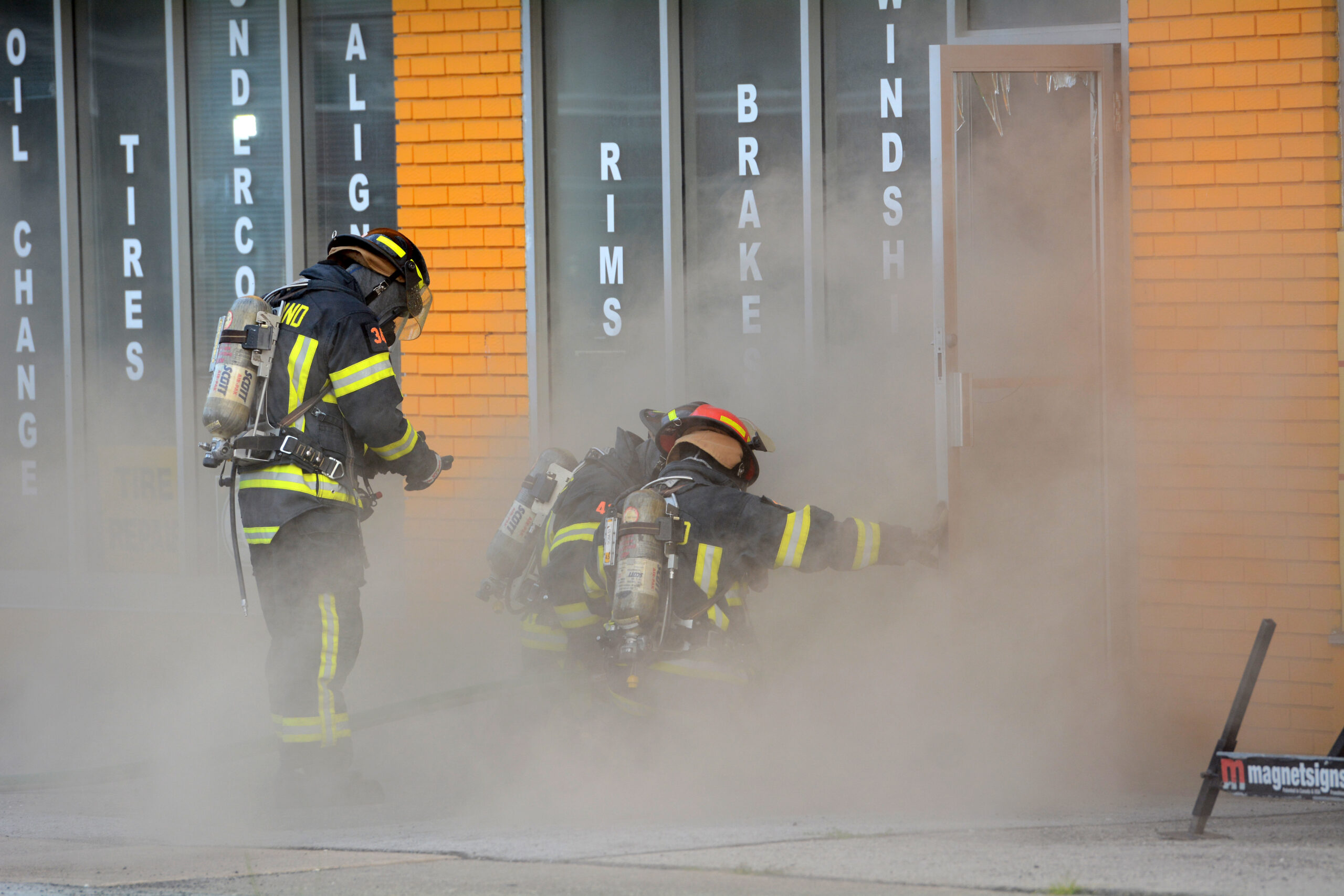| |
| |
 |
 |
| |
 |
|
@{mv_date_MMM d, yyyy}@ |
|
| |
Markham Fire & Emergency Services (MFES) has improved its responsiveness with an average decrease in “call to customer” time of 60 seconds across the majority of incidents, meaning quicker arrival. The improved response times are a result of a now one-year-old dispatch service agreement between the City of Markham and Barrie Fire & Emergency Service (BFES), which sees BFES providing 24/7 emergency call-taking and dispatch service to MFES.
» Read More...
Volunteer and First Nations fire departments, alongside ground search and rescue organizations, are getting help from the Nova Scotia government to address the impacts of rising operational costs.
» Read More...
Twenty communities and organizations around the Columbia Basin are increasing their capacity to prepare for and reduce the chances a wildfire will occur, spread, and cause damage. To do so, they’re receiving $2.5 million through a partnership between the province and the Columbia Basin Trust.
» Read More...
The Township of Leeds and the Thousand Islands council recently approved an hourly compensation system for the fire service in the township. The total cost of implementing the hourly compensation system is estimated at $363,747.35, an increase of $83,747.35 over the existing points-based system.
» Read More...
Revelstoke Fire Chief Steven DeRousie was presented a B.C. Long Service Award on Tuesday (Mar. 14). The award celebrates and commemorates the long-term commitment and loyalty of public service employees.
» Read More...
|
| |
|
| |

Now as a standalone book without heavy vehicle extrication, IFSTA’s Principles of Passenger Vehicle Extrication, 5th Edition, provides rescue personnel with an understanding of the current challenges, techniques, skills and equipment available for the safe and effective extrication of victims trapped in passenger vehicles. (A new text Principles of Heavy Vehicle Extrication, 1st Edition is due out in 2023).
This manual teaches passenger vehicle extrication in three levels of capability by orientation or vehicle position and follows the same linear sequence a rescuer will encounter at a vehicle extrication incident from size-up through disentanglement.
» Order your copy today! |
| |
|
| |
 As a team leader or captain of your truck, you often must act as the eyes and ears for your incident commander (IC) when you are inside a structure fire working on bringing the scene under control. The scene might not be yours to command or to change the incident action plan, but your decisions can control how that scene can unfold. By Jason Clark.
» Read More...
As a team leader or captain of your truck, you often must act as the eyes and ears for your incident commander (IC) when you are inside a structure fire working on bringing the scene under control. The scene might not be yours to command or to change the incident action plan, but your decisions can control how that scene can unfold. By Jason Clark.
» Read More... |
| |
 In the spring of 2022, Craig Bowman’s life changed forever when he was diagnosed with stage four esophageal cancer after working in the fire service for over two decades. His 19-year-old daughter, Lexi, has since created a lecture and is attending fire halls to talk to firefighters about their increased risk of getting cancer. By Brittani Schroeder.
» Read More...
In the spring of 2022, Craig Bowman’s life changed forever when he was diagnosed with stage four esophageal cancer after working in the fire service for over two decades. His 19-year-old daughter, Lexi, has since created a lecture and is attending fire halls to talk to firefighters about their increased risk of getting cancer. By Brittani Schroeder.
» Read More... |
| |
| |
|
| |
Existing measures in place to offset firefighters’ increased cancer risk do not adequately address the variety and earlier onset of work-related cancers in women, suggests a recent international study. By Larry Thomas, Len Garis and Ian Pike.
» Read More...
|
There seems to be a grave misunderstanding among many home cooks about the role of non-stick cookware in the kitchen. I’m not here to try to convince you that your non-stick pans are going to kill you, though, based on some research, I wouldn’t assume they’re totally safe, either. There are very good reasons why we should all limit the number of non-stick pans we own and the frequency with which we use them. By Patrick Mathieu.
» Read More...
|
| |
| FIRE FIGHTING IN CANADA: THE PODCAST |
|
|
| |
 The easiest fire to fight is one that is prevented from happening. In this edition of Fire Fighting in Canada: The Podcast, host Tom DeSorcy is joined by Brad Davidson, retired firefighter and fire investigator from Flin Flon, Man. The two discuss how Davidson got his start in the fire service, the difference between municipal and industrial fire protection, the changes in fire behaviours and reactions, and the importance of fire investigation.
» Listen now
The easiest fire to fight is one that is prevented from happening. In this edition of Fire Fighting in Canada: The Podcast, host Tom DeSorcy is joined by Brad Davidson, retired firefighter and fire investigator from Flin Flon, Man. The two discuss how Davidson got his start in the fire service, the difference between municipal and industrial fire protection, the changes in fire behaviours and reactions, and the importance of fire investigation.
» Listen now
|
|
| |
|
| |
|
|
| |
| |






